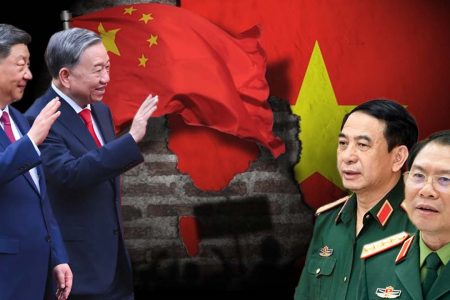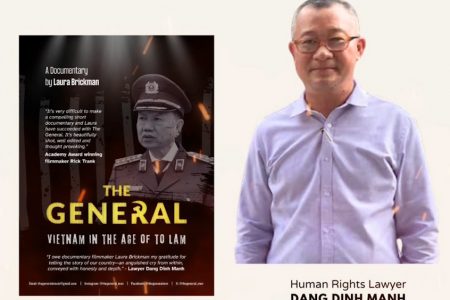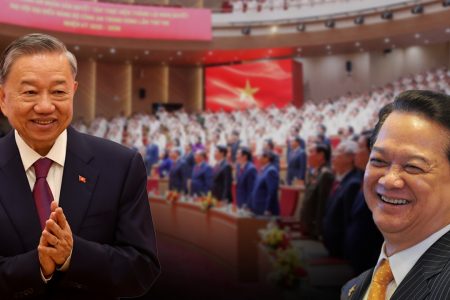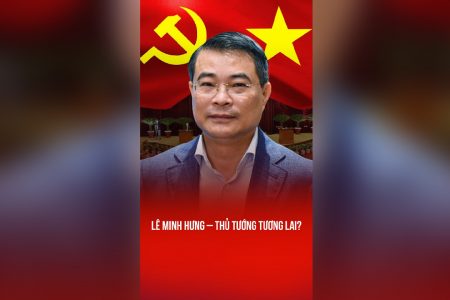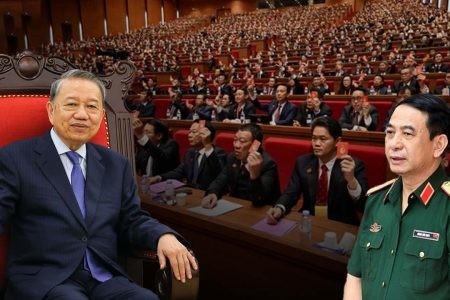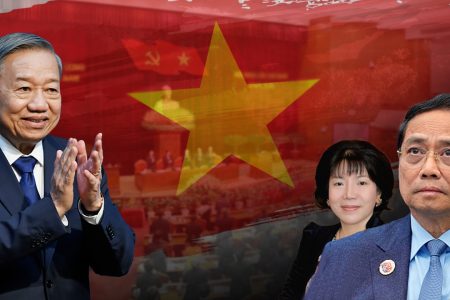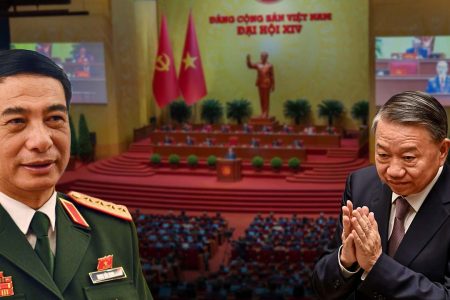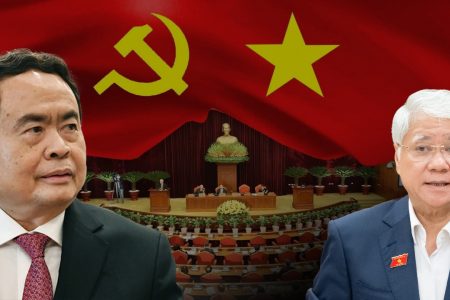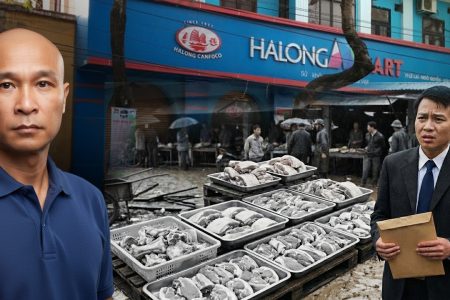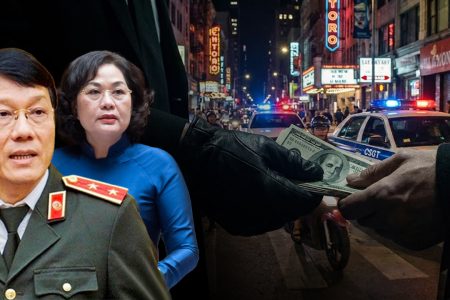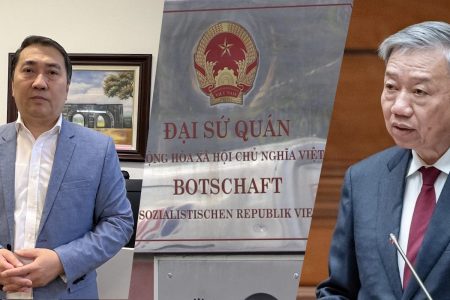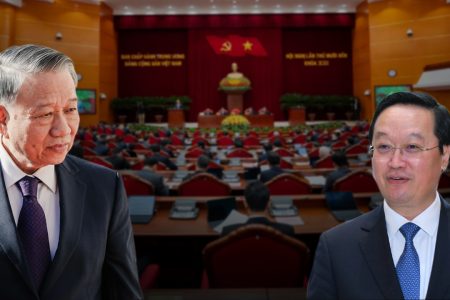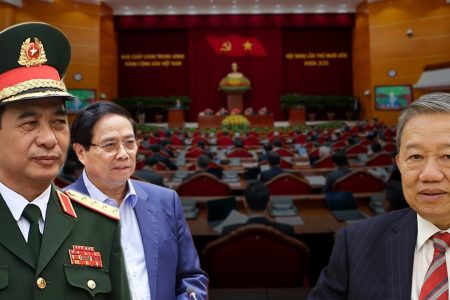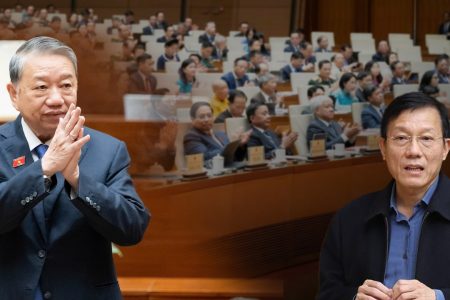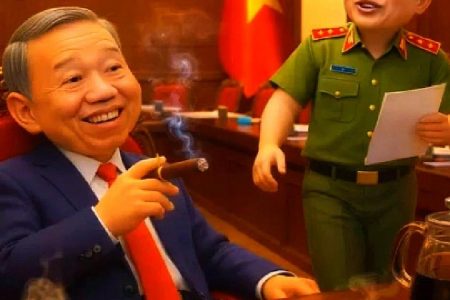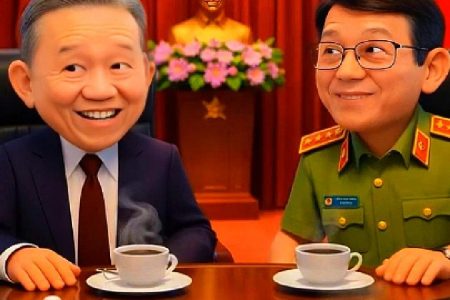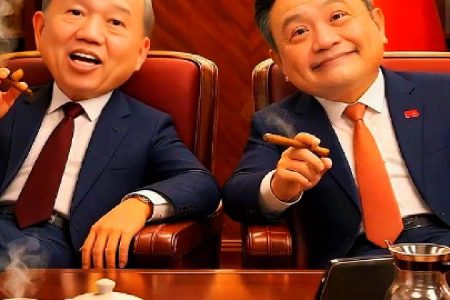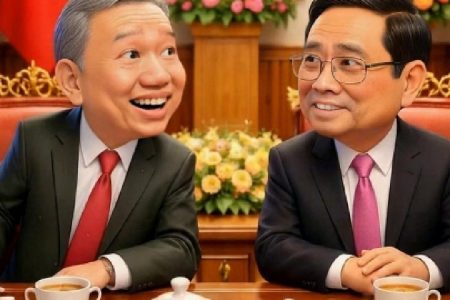The Ministry of Public Security is planning to hold a majority stake in FPT Telecom, a large private internet provider in Vietnam. This is part of an effort to strengthen the country’s cybersecurity.
According to the plan, the State Capital Investment Corporation will transfer its stake in FPT Telecom to the ministry.
In 2024, the ministry took control of MobiFone Telecommunications Company, a state-owned enterprise, for the same reason. This has caused concern among foreign technology companies.

The fact that the Ministry of Public Security holds a majority stake in the above-mentioned telecommunications companies shows the growing role and influence of the police forces in controlling and stabilizing politics.
Under leadership of General Secretary To Lam, the Ministry of Public Security is increasingly expanding its role, not only in the field of security and order, but also in penetrating deeply into the economy, media, and technology.
The fact that the police and the army do business and hold large State-owned enterprises is not new. But now it has happened publicly and on a larger scale, reflecting the shift in power between interest groups in the government system in Vietnam.
When the Ministry of Public Security, a law enforcement agency, now also runs a business enterprise, it will lead to conflicts of interest, lack of transparency, and even abuse of power. This raises concerns about the decline in the role of the private economy.
This is a major contradiction between the policy of developing the private economy that the Communist Party of Vietnam has just identified as „an important driving force of the economy“ according to the Socio-Economic Development Strategy for the 2021–2030. This could set a dangerous precedent: if any private enterprise develops strongly and makes large profits, it will be “taken over” by the state in many ways.
Under General Secretary To Lam, the Ministry of Public Security is constantly expanding and reaching out to businesses, banks, telecommunications, etc. to consolidate political power, control information, and create internal resources.
This reflects the inconsistency between the policies and actions of the Vietnamese state and the risk of elimination, as well as causing concern for the private economic sector.
Hong Linh – Thoibao.de



